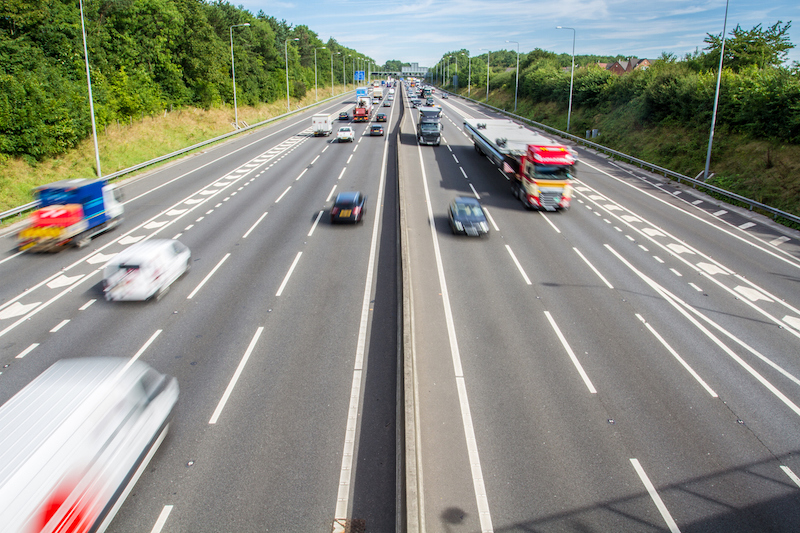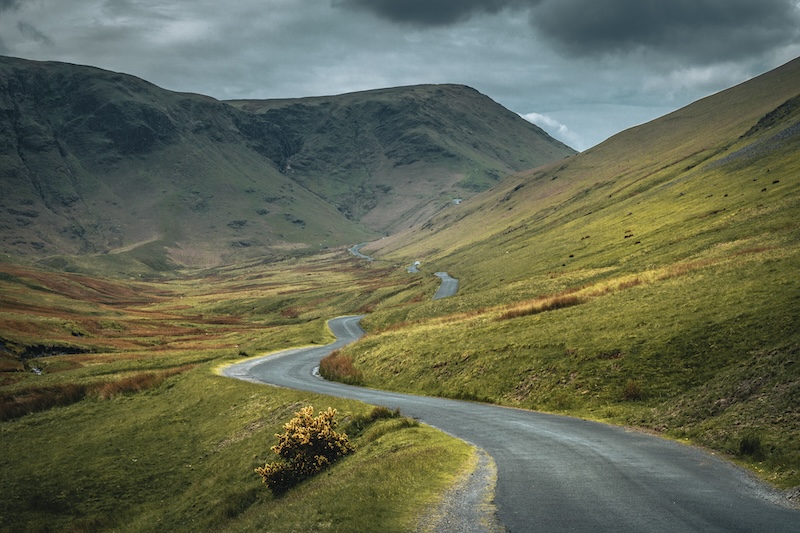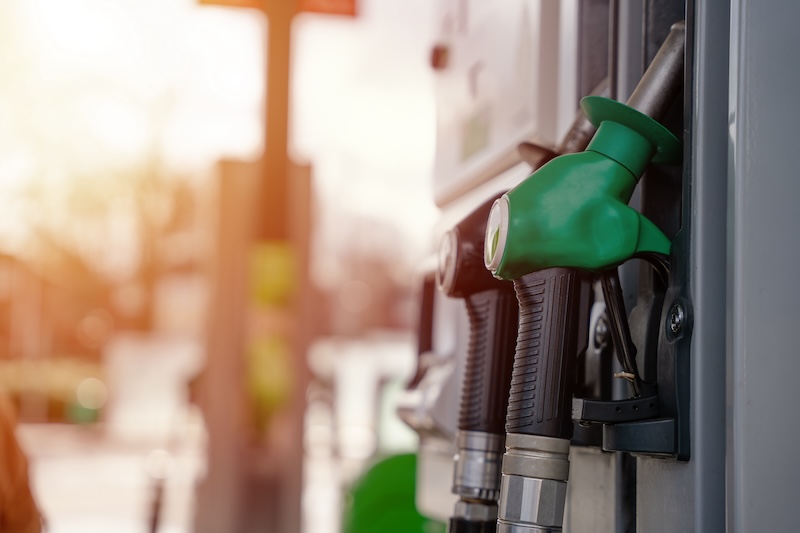Cleaning up vehicle emissions is the biggest challenge to net zero, says Transport Secretary

Is the UK on track to meet net zero by 2050?
The decarbonisation of cars and vans is one of the “biggest challenges” to meeting the deadline, according to Transport Secretary Mark Harper.
His comments suggest that the UK Government is committing to its ban on the sale of petrol and diesel cars by 2030, despite much resistance from across the country.
Opposing forces at play
There has been pressure from some right-wing Conservatives to delay the green pledge as the party looks to claw back ground against Labour ahead of a likely election next year.
Car makers, however, are pushing for the commitment to be kept, with manufacturers already starting to design vehicles that will be on sale in 2030.
Speaking at a conference in Westminster, Mr Harper said: “Getting the transition to EVs (electric vehicles) right really matters.
“It matters because our climate goals now depend on decarbonising transport.
“We have made a lot of progress in this country with decarbonising our electricity generation system, whereas transport is now the source of 20% of our total greenhouse gas emissions.”
The minister said it would not be possible to meet the UK’s climate goals “without making extensive progress” on environmental reforms in road transport.
He added: “Cleaning up cars and vans represents the biggest challenge and greatest opportunity to reach net zero by 2050.
“And with more countries following the UK’s lead, we cannot miss out on the automotive jobs, investment and technology that we really want to make sure comes to the United Kingdom.”
Questioning the net zero approach
Prime Minister Rishi Sunak said he does not support “hairshirt” policies to achieve net zero, with Downing Street reviewing green pledges following a shock Tory by-election victory in Boris Johnson’s former seat of Uxbridge and South Ruislip.
The Tories cited Labour London mayor Sadiq Khan’s widening of the ultra low emission zone (ULEZ) as the deciding factor in their win.
The ULEZ scheme, which since August covers all London boroughs, means vehicles that do not meet emissions standards incur a daily charge of £12.50.
Since the July by-election result, Mr Sunak has argued he is on the side of motorists and announced plans to grant more than 100 new licences for oil and gas extraction in the North Sea.
The Tory leader has said the net zero target must be achieved on the back of a jobs boom and growth drive, without punishing drivers or billpayers.
Mr Harper reiterated the Prime Minister’s position, telling the conference that the Government would back motorists while encouraging the automotive sector to produce greener cars ahead of the 2030 deadline.
“It is not about forcing people out of their cars, which is what some people engaged in this debate on the other side of politics want to achieve,” he said.
“This Government wants to back motorists to travel how they want, where they want and when they want to, and our job is to make sure they can do all of those things in a way that is consistent with our environmental goals – and that is what we are about.”
Have you been slapped with a ULEZ fine lately? Clean Air Zones generate more than £418 million in just over two years.


